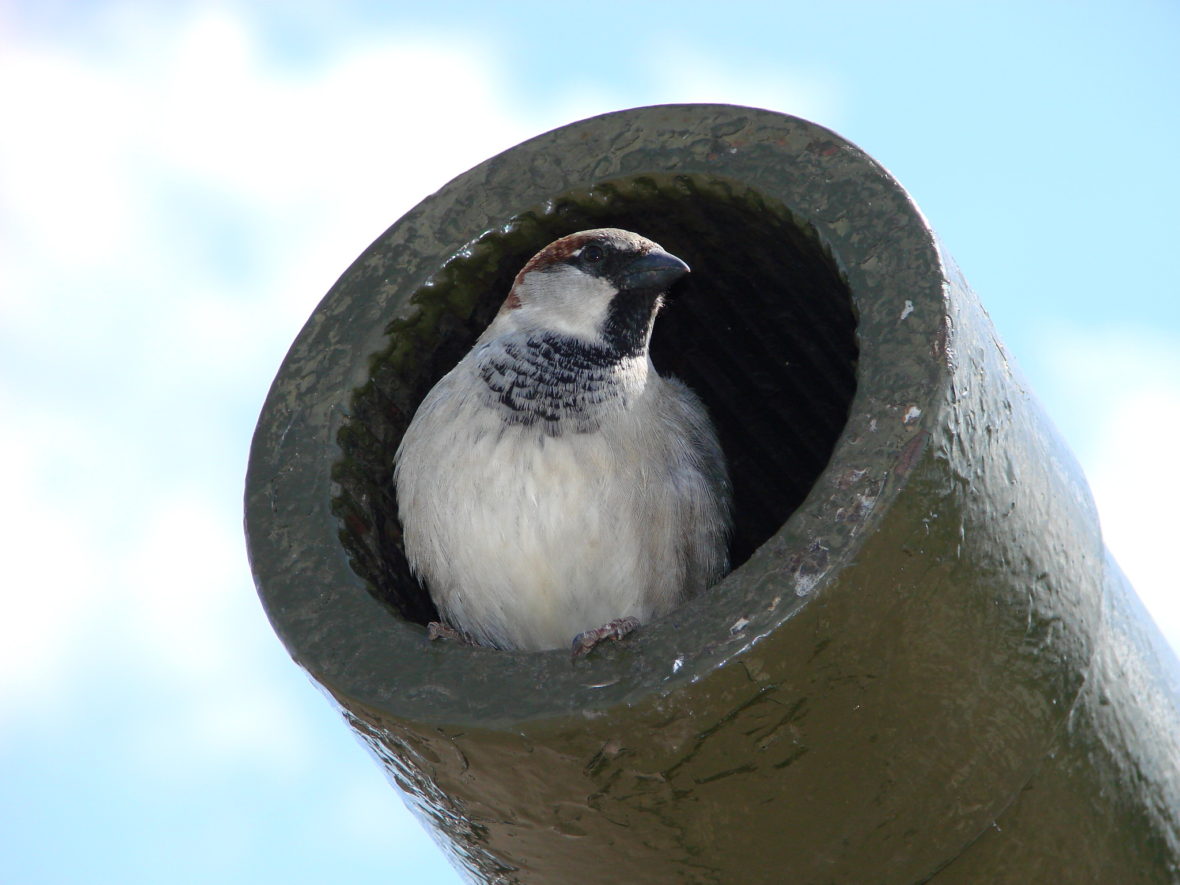Recently I joined Facebook, and among the resulting friend requests were some in languages other than English and scripts other than Roman. I was struck by how quickly the network broached boundaries of space and time, introducing me to strangers across the globe in nanoseconds—even if the strangers were spammers or bots. The international scope of such daily, parochial doings was on my mind as I browsed two recent issues of Ploughshares, the current fiction issue edited by Lauren Groff, and the transatlantic poetry issue edited by Neil Astley published this spring.
About half of Lauren Groff’s eighteen authors are international by birth or residence, or through the subject of narratives she calls, in her introduction, “raw, passionate and strange.” Groff’s choices are eclectic. Parables, folkish tales, magical realism, and micro-fictions, including one by Lydia Davis that looks very much like a prose poem in the tradition of Russell Edson, are bound with realistic fiction by Fiona Maazel, Daniel Pena, Kevin Wilson, and a profoundly sad semi-autobiographical story by Eliana Hechter, a prodigy who committed suicide last year while a medical graduate student. Throughout the issue, Groff sifts through our transnational lives to finger what moves, terrifies, and beckons.
I read the issue’s cover—lithograph of a dress cut from what looks like a newspaper in Sanskrit (?) overprinted with Emily Dickinson’s “The Soul Selects—”—as the marriage of our hermetic, stay-at-home impulses with the vitality of other, global lives. It also alludes to the cover of the Winter 1980-81 issue edited by Lorrie Goldensohn and Jayne Anne Phillips, which features a photo of Dickinson’s busy Victorian white dress in a plastic dry-cleaning bag <https://www.pshares.org/issues/winter-1980-81>Space and time: melded and overcome.
*
The first transatlantic issue of Ploughshares, edited by Seamus Heaney, arrived in the Watertown office soon after I became the journal’s managing editor. Before shrink-wrap and computer generated labels, DeWitt Henry and I stuffed hundreds of mailing bags with the help of his wife Connie and toddler daughter Ruth. We addressed and bundled them, hoping the post office wouldn’t find any bulk mail zip code anomalies. The Central Square branch was a fiefdom unto itself, with rules peculiar to the managers of 02139.
Thirty-five years later comes Neil Astley’s transatlantic issue. His is all poems; Heaney included fiction and nonfiction along with work by Derek Mahon, Ted Hughes, Paul Muldoon, and a single woman, Eilean Ni Cuilleanain. Astley is the editor of Bloodaxe Books, and naturally his issue reflects his list; I won’t quibble over authors from Gallery Press left out, along with its editor Peter Fallon. I open the collection like Frank O’Hara looking into New World Writing “to see what the poets/ in Ghana are doing these days.”
Is there a transatlantic sensibility? Can I tell who’s who without checking the contributors’ pages? Some names I know—including Paul Muldoon, the only writer to appear in both issues, and Americans like Michael Ryan and Suji Kwock Kim. Others I can peg by diction, spelling, or a reference to place. Soon I give up my game. Instead, I read to overcome my prejudice that, compared to its American cousin, contemporary British and Irish verse feels tame.
Astley aims to be representative and inclusive, channeling cultural streams in Britain and Ireland hidden or unacknowledged in 1980. He honors the nations’ other languages by printing translations of poems in Welsh, Irish, and Scots Gaelic side by side with the originals, reinforcing my sense of his editorial due diligence.
I enjoy fine new work by old pros Simon Armitage (“The Subconscious”), Elaine Feinstein (“A Wand of Rosewood”), Andrew Motion (“Laying the Fire”), Sean O’Brien (“World’s End”), and Anne Stevenson (“In Passing”). But I’m not convinced that these—and others—couldn’t have been written in the 20th, rather than 21st, century. One sonnet I suspect could have been published in the 19th. I crave the pressure of necessity, sensibility squeezed from the here and now.
I find it in John Burnside’s purgatorial airport (“Annunciation in Gray and Black”) Ani Gjika’s translation of Luljeta Lleshanaku’s “Tobacco,” the souls of refugees leaving “the checkpoint world” in Helen Mort’s “Murmuration,” and Penelope Shuttle’s brief for repression (“A piece of osmium…”). I admire the wordplay and zip-line speed of “The Plagiarist” by Eva Salzman, who splits her time between London and New York. But is the brio British or American?
A reader seeking Robert Lowell’s “words meat-hooked from the living steer” can find them in poems by Nin Andrews, Barbara Hamby, Tony Hoagland, and Tom Lux. They’re more energetic and surprising than the well-groomed work of their peers across the Atlantic. Is it the influence of Larkin and Hughes that binds even the youngest, most diverse British poets—there’s a lot of landscape here, and dead animals—while Americans have a more sprawling ancestry to draw from?
One of my favorite poems from Seamus Heaney’s issue is Paul Muldoon’s “Cuba,” http://poem.oftheweek.org/?p=131 set in Ireland during the Cuban missile crisis. It’s almost all dialogue, full of the voices of living people, perhaps no longer living, or not in the same way they were in 1962. It embodies the way politics half a world a away affects the lives of generations—from “Patton in Armagh” to “this Kennedy”—in the most intimate way imaginable. In three seven line stanzas Muldoon surmises terror, shame, defiance, tenderness, eroticism, God’s blessing and man’s inability to keep it, and what it means to be politically helpless. It remains my touchstone for what transatlantic poetry can be.
